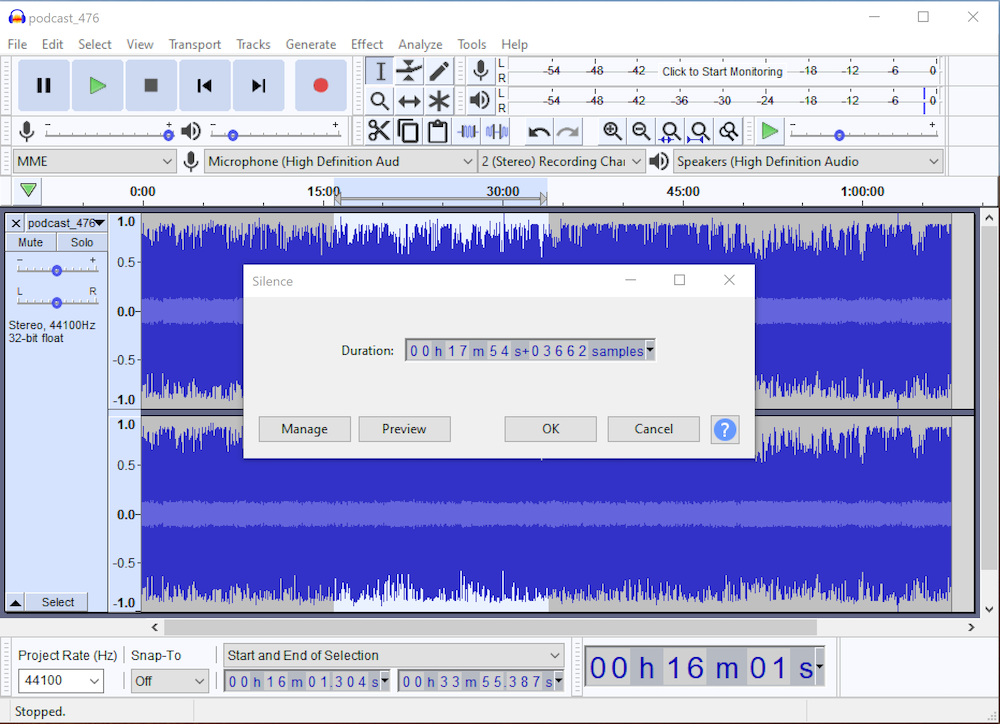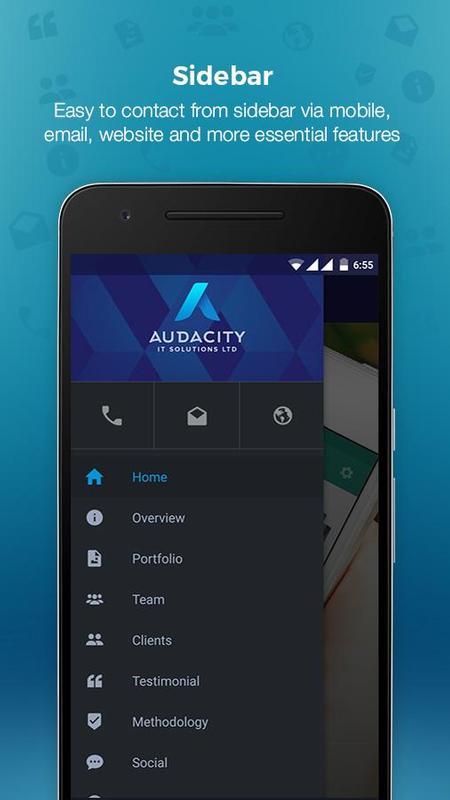


"This means that we will actually deny a law enforcement request unless there is a court order, not that we are actively sharing data with law enforcement," Ray said.

He further stated that Audacity would not share any information to law enforcement upon mere request, and would have to be compelled by a court of law to do so. "e share data with buyers of the company (there are no buyers of the data since we never sell any data), but any buyer can only use this data for the conditions set out in the privacy policy," Ray told Mashable. Speaking to Mashable via email, Ray clarified that Audacity will in fact share data with third parties, but only in specific circumstances. Full stop." However, this seemed to directly contradict the privacy policy's initial statement that it may disclose personal data to "a potential buyer" or "any competent law enforcement body. "We will be publishing a revised version shortly."Īccording to Ray, Audacity " not and will not sell ANY data collect or share it with 3rd parties. Muse Group acquired Audacity (Opens in a new tab) in May, and had assured users at the time that the software would remain free and open source. "We believe concerns are due largely to unclear phrasing in the Privacy Policy, which we are now in the process of rectifying," said Muse Group's head of strategy Daniel Ray in a statement on GitHub (Opens in a new tab).

(opens in a new tab) (Opens in a new tab) Now Audacity has attempted to clarify its intentions. Users have been vocally expressing their displeasure at these updates, accusing Audacity of being "spyware" (Opens in a new tab) and speculating that it could monitor their microphones. Data may also be shared with third parties such as law enforcement agencies, advisors, and potential buyers. The new privacy policy also states that Audacity may collect "Data necessary for law enforcement, litigation and authorities’ requests (if any)" - a categorisation vague and large enough to cause users significant concern. All of this came as a rude shock to users, who had been utilising the free audio editing software without giving up data since its launch over two decades ago. Such data includes their operating system and its version, their IP address (thus their country), and their CPU. On July 2, Audacity updated its privacy policy (Opens in a new tab) to state that it will now collect users' "personal data" for analytics and to improve their software. Popular audio editing program Audacity is trying to clear up recent accusations that it's now "spyware" after recent changes to its privacy policy.


 0 kommentar(er)
0 kommentar(er)
